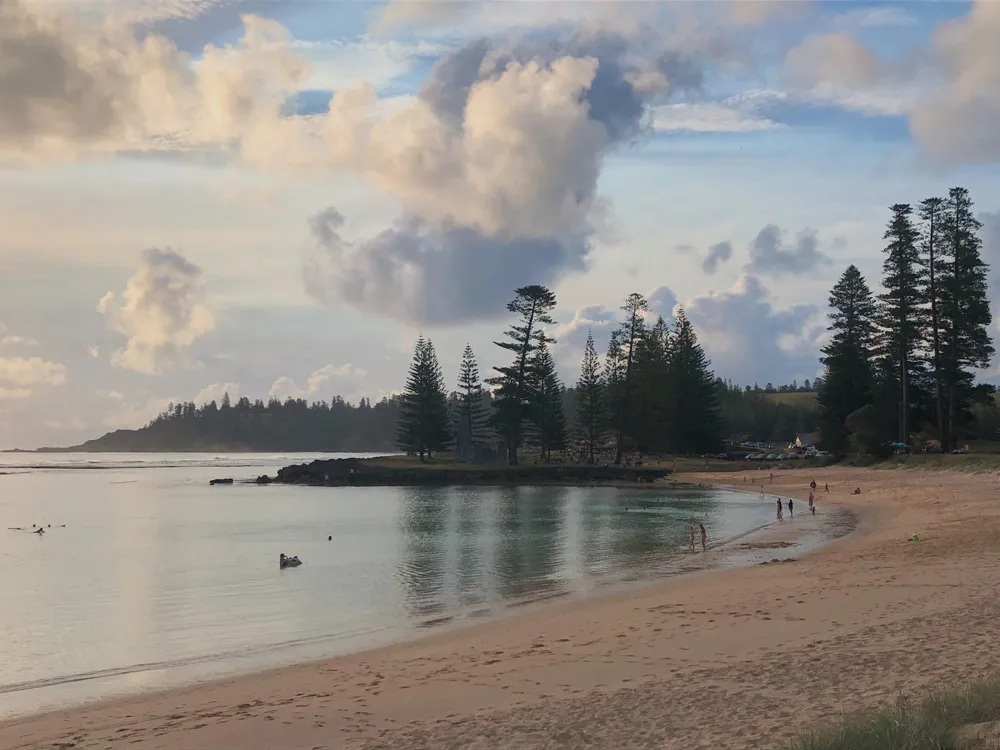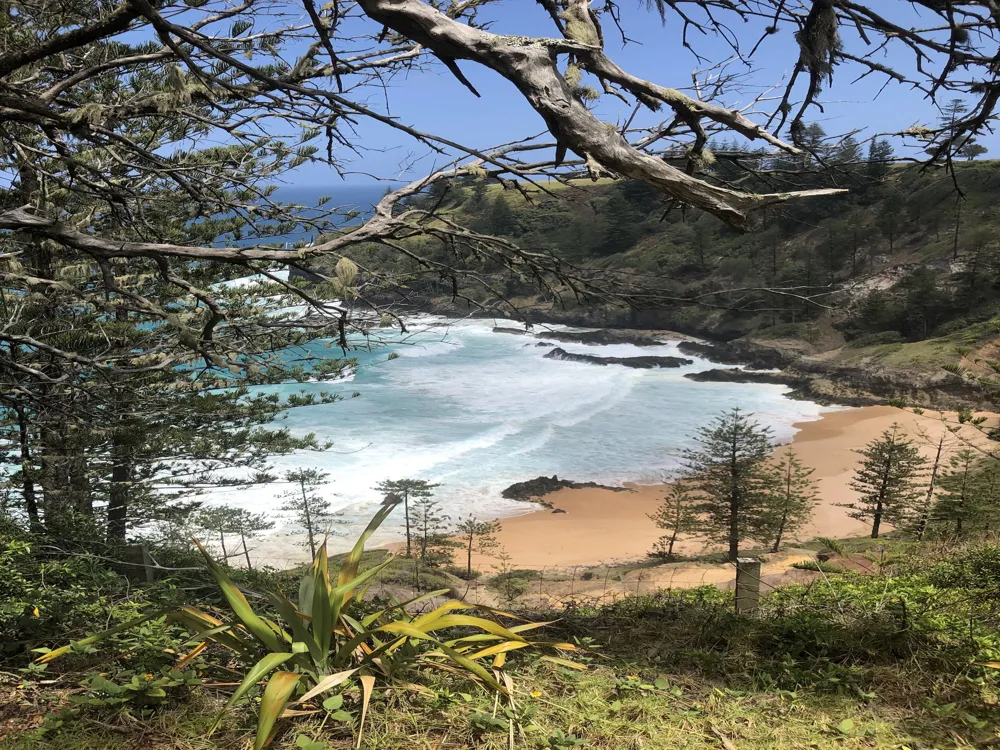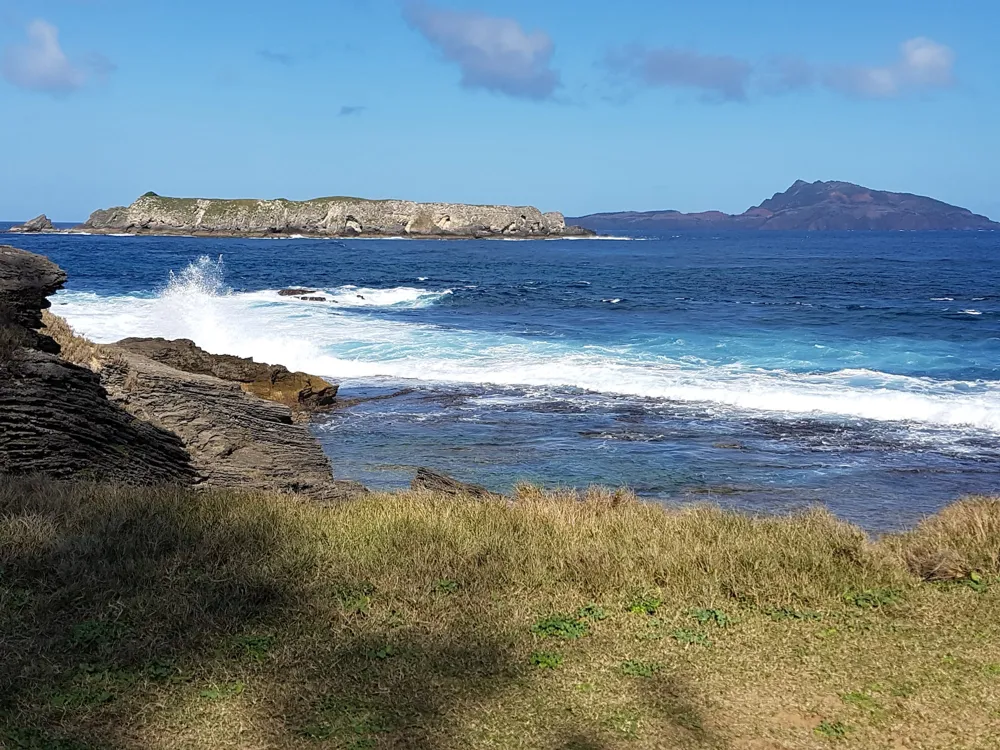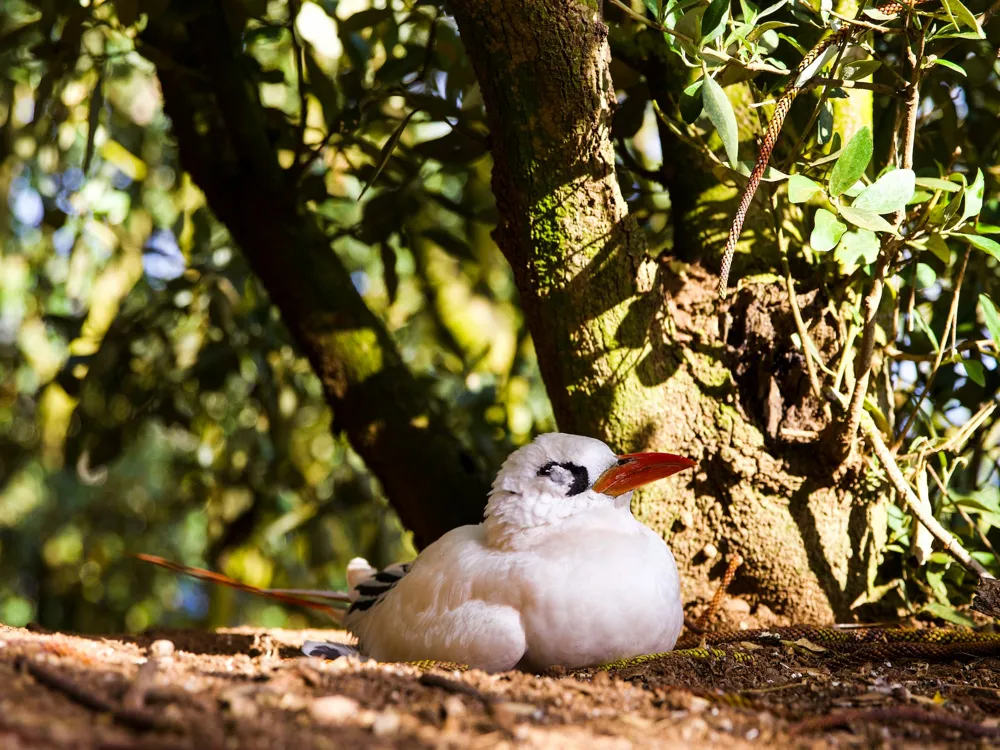Best Time to Visit Norfolk Island
Australia
29 out of 96 Places to visit in AustraliaNaN onwards View Packages
Get Customized PackagesThe Land of Diversity
Top Hotel Collections

Private Pool

Luxury Hotels

5-Star Hotels

Pet Friendly
What is the Best Time to Visit Norfolk Island?
The idyllic Norfolk Island, situated in the South Pacific Ocean, boasts a pleasant climate, making it a year-round destination. However, the optimal time for a visit is during the Australian spring and autumn months, from September to November and March to May. During these periods, Norfolk Island experiences mild temperatures, providing ideal conditions for outdoor exploration, nature walks, and beach activities. The island's vibrant landscapes, historical sites like Kingston and Arthur's Vale Historic Area, and the local markets can be enjoyed without the extremes of summer heat or winter chill. Travelers can tailor their visit based on personal preferences and desired activities.
More about Best Time to Travel to Norfolk Island
Travel Peak Season in Norfolk Island
The peak season to visit Norfolk Island aligns with the Australian summer from December to February. During this period, the island experiences warmer temperatures, attracting a higher number of tourists seeking sunny beaches, cultural experiences, and outdoor activities. Popular attractions like Emily Bay and the Norfolk Island National Park draw considerable crowds. It's advisable to plan and book accommodations in advance during the peak season, as the increased demand may lead to higher prices and crowded venues.
Travel Offseason in Norfolk Island
The offseason in Norfolk Island typically falls during the Australian winter from June to August. While these months bring cooler temperatures, the island offers a quieter atmosphere for those who prefer a more relaxed visit. Travelers during the offseason may find more affordable accommodations and enjoy the serenity of Norfolk Island's natural beauty without the bustling crowds of the peak season.
Norfolk Island Travel Packages
View All Packages For Norfolk Island
Norfolk Island in Shoulder Season
The shoulder seasons in Norfolk Island, spanning from September to November and March to May, present an ideal balance between the extremes of summer heat and winter chill. During these periods, the island experiences mild temperatures, creating a perfect atmosphere for outdoor activities, historical exploration, and enjoying the pristine beaches. The shoulder seasons offer a pleasant climate for those seeking a more relaxed visit without the intensity of peak-season crowds. Exploring landmarks like Kingston and Arthur's Vale Historic Area and immersing in the local culture becomes particularly enjoyable during these months.
Norfolk Island in Hot Season
Norfolk Island's hot season occurs from December to February. While temperatures rise, this period is suitable for beach enthusiasts and those who enjoy warmer weather. Engaging in water activities, sunbathing on Emily Bay, and exploring the vibrant coastal scene can be delightful during the hot season.
Norfolk Island in Rainy Season
Norfolk Island does not have a distinct rainy season, but occasional rainfall may occur throughout the year. The wettest months are typically from December to March. While rain showers can be brief, they contribute to the lush greenery of the island, enhancing the natural beauty.
Norfolk Island in Cool Season
The cool season in Norfolk Island occurs from June to August, providing a refreshing climate for outdoor activities and exploration. While temperatures may be cooler, this period offers a serene atmosphere for visiting attractions like the Norfolk Island National Park and enjoying the island's laid-back charm without the summer heat.
Places To Visit In Norfolk Island
Nearby Places Norfolk Island
Norfolk Island Photos
View All Photos For Norfolk IslandBrowse Package Collections
Browse Hotel Collections
Faq
Q: What makes Norfolk Island an ideal destination for different times of the year?
A: Norfolk Island boasts a mild subtropical climate, making it attractive year-round. Summer (December to February) offers warm weather for beach activities, while spring (September to November) showcases vibrant flora. Autumn (March to May) boasts pleasant temperatures, and winter (June to August) brings cozy vibes perfect for exploring historical sites.
Q: Is there a specific time when festivals or events are at their peak on Norfolk Island?
A: The Bounty Day Festival on June 8 commemorates the arrival of the Pitcairn Islanders, while the Food Festival in November celebrates the island's culinary delights. These events add an extra cultural dimension to your visit, making these times particularly vibrant.
Q: Are there any seasonal activities unique to certain times of the year on Norfolk Island?
A: Whale watching season runs from June to October, offering a chance to witness the majestic migration of humpback whales. This period is perfect for nature enthusiasts seeking a glimpse of these incredible creatures.
Q: How does weather variability affect the best time to visit Norfolk Island?
A: While the island generally enjoys pleasant weather year-round, those preferring warmer temperatures might opt for the summer months, whereas travelers seeking a quieter experience might prefer the shoulder seasons when there are fewer tourists.
Q: What are the advantages of visiting Norfolk Island during its off-peak season?
A: Off-peak times (late autumn or early spring) offer fewer crowds, making it an ideal period for tranquil exploration and immersive experiences with the island's rich history and natural beauty.














